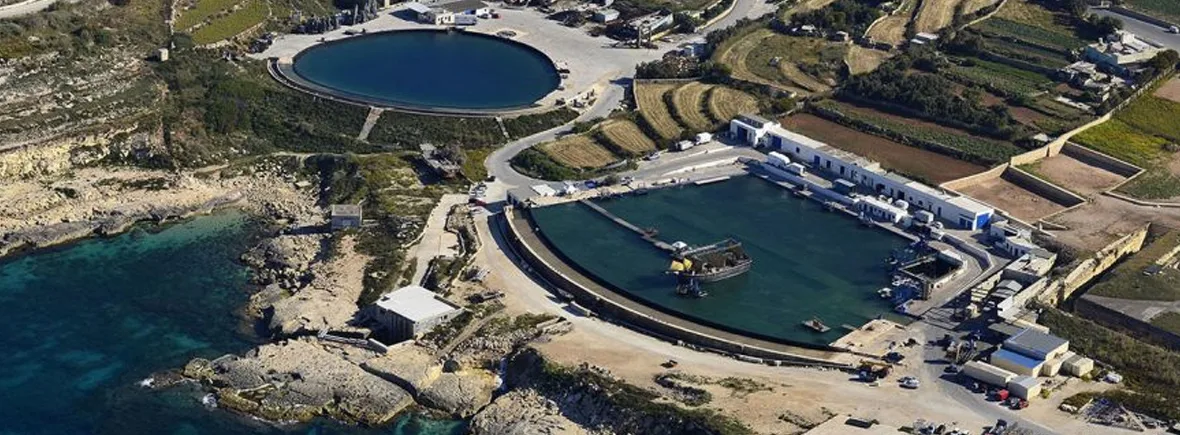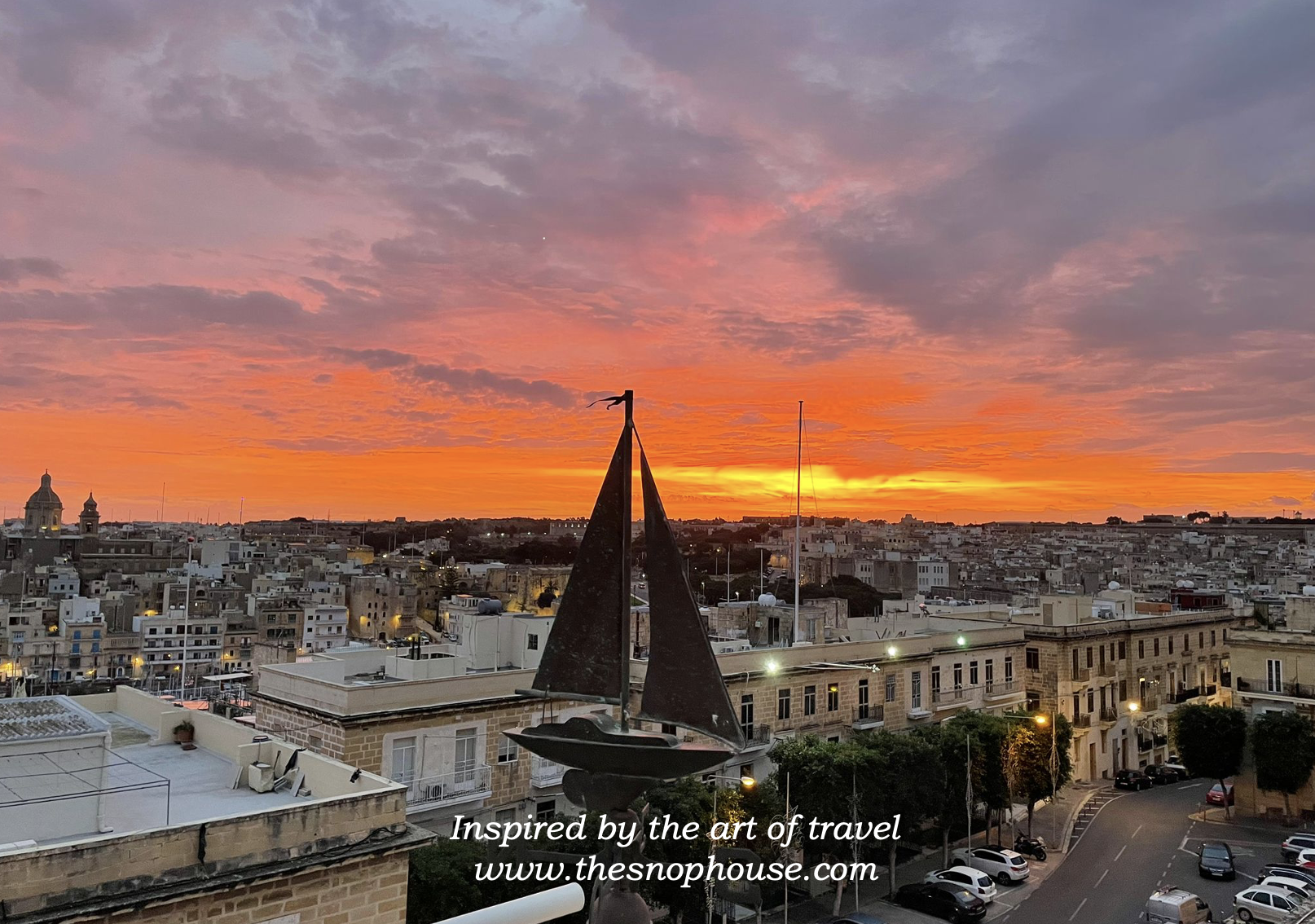The relationship between Malta and England spans several centuries, marked by cooperation, conflict, and profound transformation. The history of the British presence in Malta can be understood through three pivotal moments:
- the establishment of the Auberge d’ Angleterre in Birgu,
- the colonial period and independence in the 1960s-1970s,
- Malta’s unique role in the European Union after Brexit.
This complex history has left a lasting imprint on the archipelago’s culture, language, and institutions, making Malta a unique crossroads between the Mediterranean and the English-speaking world.
The Auberge of England in Birgu and Its Historical Legacy
Origins of the Auberge of England
The Auberge of England (“Berġa tal-Ingilterra”) was one of the first auberges built in Malta by the Knights of St. John, around 1534. Located in Birgu (Vittoriosa), it was acquired by Sir Clement West and played a central role during the Great Siege of 1565, when Birgu became the heart of Maltese resistance against the Ottomans.
Today, it remains one of the most important historical sites in Malta linked to the English presence.
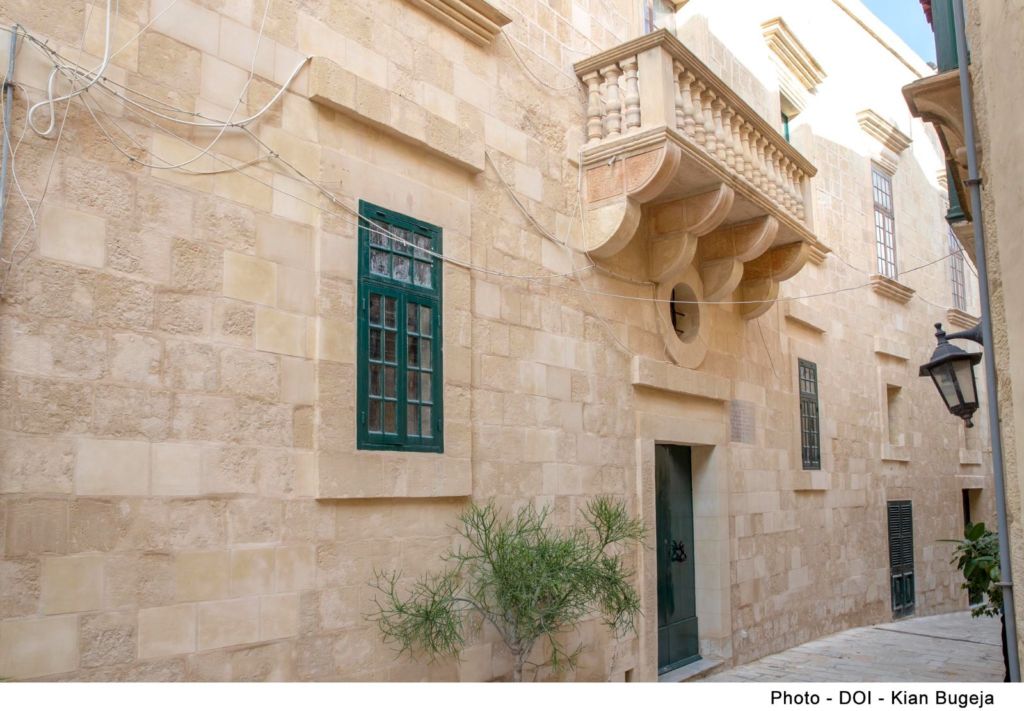
The Religious Split and Its Consequences
The English Reformation under Henry VIII deeply affected the English knights in Malta. Deprived of their property and resources, they could not establish a new auberge in Valletta after 1566, unlike the other “langues” of the Order. This marginalization marked the decline of the institutional English presence in Malta.
Architectural Heritage and Symbolism
Located at 39-40 Majjistral Street, the restored auberge is now a listed building. It is a tangible symbol of the longstanding Anglo-Maltese relationship, long before the arrival of the British colonial administration.
Malta Under British Rule: From Colony to Republic
The Context of British Rule in Malta
In 1800, Malta became a British colony after a short French occupation. Its strategic position in the Mediterranean turned the island into a key naval base for the Royal Navy. English was introduced as an official language and left a deep mark on education, administration, and everyday life.
Road to Independence and Republic
- 1947: Local autonomy granted.
- 1964: Malta gains independence, remaining part of the Commonwealth with Queen Elizabeth II as Head of State.
- 1974: Malta becomes a Republic under Dom Mintoff.
- 1979: Departure of the last British troops, celebrated as Freedom Day.
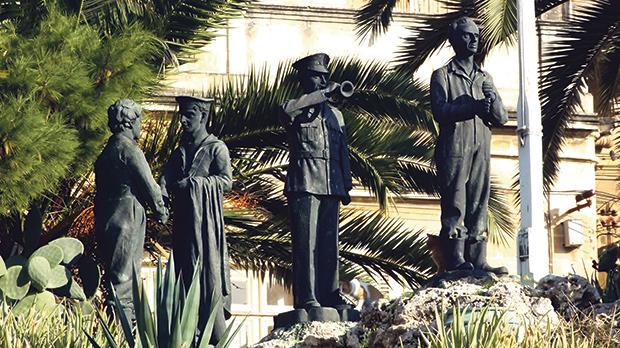
British Traces in Malta Today
The British period left a visible legacy:
- English as an official language,
- Left-hand drive,
- Red mailboxes and telephone booths,
- British-style education and postal system,
- Malta’s continued participation in the Commonwealth.
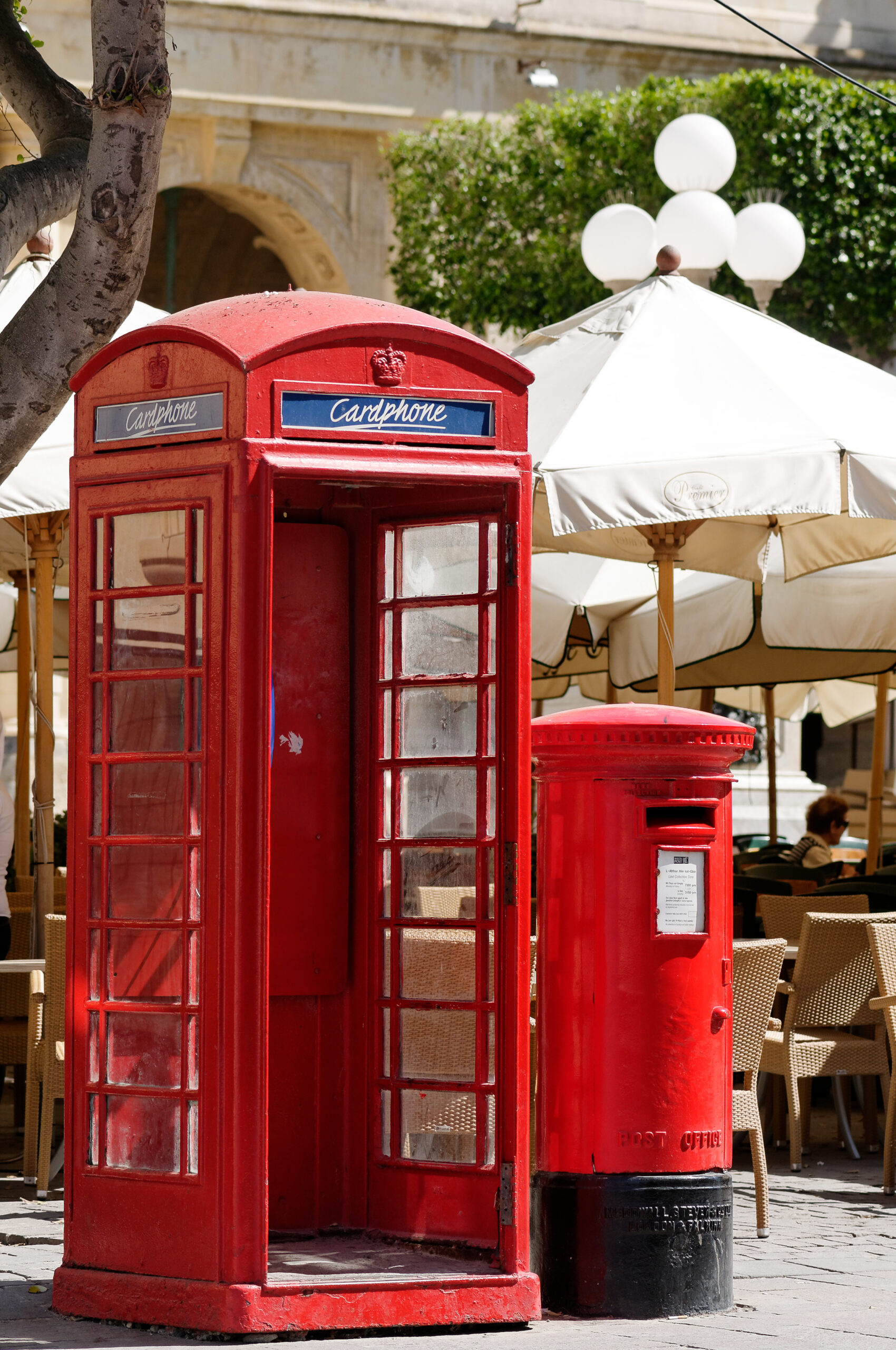
Brexit and Malta’s Special Role in the EU
British Traces in Malta Today
Since joining the European Union in 2004, Malta has combined its Mediterranean identity with its British heritage. With Brexit (2020), Malta (alongside Ireland) became one of the only EU members with English as an official language.
Linguistic and Cultural Consequences
Even though less than 1% of EU citizens now live in English-speaking countries, English remains the dominant working language in Brussels. For Malta, this is both a cultural and economic advantage, supporting tourism, business, and international education.
Visible British Heritage in Malta
- Driving on the left,
- British-style red mailboxes and booths,
- Anglicized institutions,
- Strong ties to the Commonwealth,
- The use of English in media, advertising, and commerce.
A Dual Identity Between Europe and Britain
From the Auberge of England in Birgu to the Brexit era, Malta has forged a unique identity, blending Mediterranean traditions with British influences. This dual heritage makes Malta not only a strategic EU member state but also a bridge between Europe and the English-speaking world.

FAQ – British Influence in Malta
1. Why is English widely spoken in Malta?
Because of the long British colonial rule (1800–1964), English remains an official language alongside Maltese.
2. What are the main British legacies in Malta?
Left-hand driving, English in schools and institutions, red phone boxes, and participation in the Commonwealth.
3. What role does Malta play after Brexit?
Malta became one of the only English-speaking EU countries, strengthening its role as a hub for business, education, and diplomacy.


